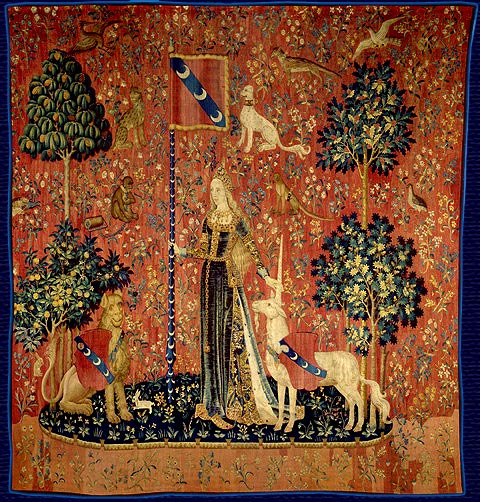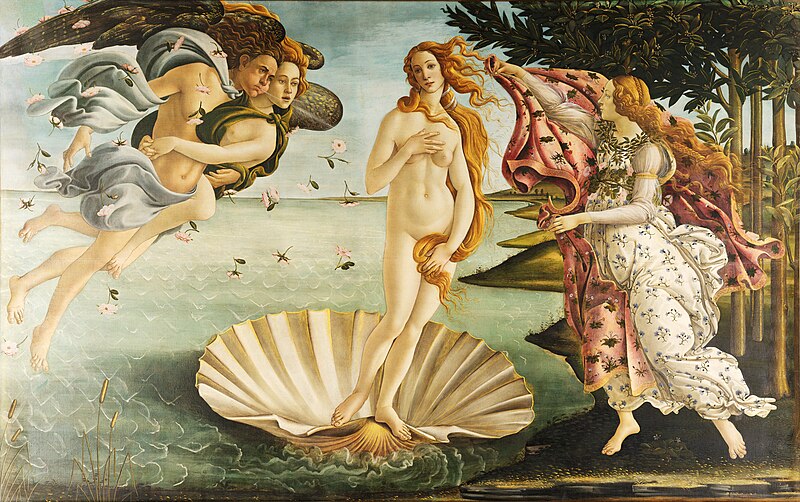 The Marriage Plot by Jeffrey Eugenides
The Marriage Plot by Jeffrey EugenidesMy rating: 3 of 5 stars
I can't be the only English major or liberal arts graduate who read this book with a fond sigh of recognition. Ah, the college seminars, the days spent reading like it was your job, and that super annoying pretentious guy who always had a point to make in every. single. class. Like Madeleine, the novel's heroine, I was devoted to the unfashionable Victorian texts. Still am. I, too, never felt particularly edgy in my literary proclivities. I just liked to read. Still do. Those little digs of recognition end there, however, and become stymied in frustration. Maybe it's because this novel feels "low stakes." Do we really worry about anyone who's heartbroken at the tender age of 22? Especially if she's already been accepted into a prestigious post-grad program and has the deposit money on hand for a Manhattan apartment? Is this self-consciously clever investigation and reappropriation of the marriage plot really necessary? It seems, actually, to be far more retrograde than those fusty old novels. Those heroines were so compelling that their marital hijinks were riveting--a sensitive reader is not wrapped up in the "romance" of these books, but rather enmeshed in the diminished possibilities for the brightest and most independent women depicted therein. At the end of Middlemarch, one does not close the book with a happy sigh that Dorothea and Will have been united at last. One closes it wistfully, looking forward to a century when a woman of Dorothea's gifts could *be* a finer version of Will Ladislaw. Now that that century has come, Madeleine disappoints. The men who vie for her affections are both more brilliant, and she is mired in class prejudice. She's not an entirely unsympathetic character, but she's certainly not representative of me or the other talented young women I knew in school. As a final note, the fate of Leonard Bankhead, my favorite character, disturbed me. Eugenides' ending seemed to imply that people who suffer from manic depression are de facto disqualified as stable partners or part and parcel of a happy ending. Haven't we come further than that very Victorian idea of madness?
 The View from Castle Rock by Alice Munro
The View from Castle Rock by Alice MunroMy rating: 4 of 5 stars
I started this many times, and wasn't in the right zone until now. A more personal and less classical short story collection, View From Castle Rock is nonetheless engrossing and bracing, like everything Munro has ever written. Loved it.
View all my reviews






